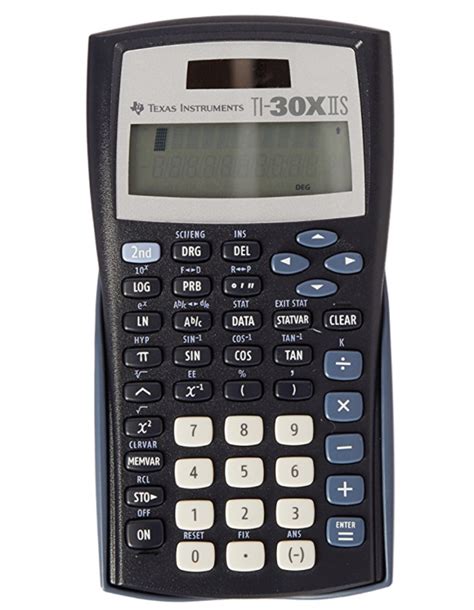The Importance of Calculators in Elementary Education
Calculators play an indispensable role in enhancing the mathematical learning experience for elementary school students. According to the National Council of Teachers of Mathematics (NCTM), the use of calculators in the classroom “can help students develop a deeper understanding of mathematical concepts, improve their problem-solving skills, and increase their confidence in mathematics.”

- Calculators allow students to perform complex calculations quickly and accurately, freeing up their cognitive resources for higher-order thinking.
- They provide opportunities for students to explore mathematical concepts experimentally and visualize abstract ideas.
- Calculators can also help students with disabilities overcome challenges in computation and access mathematics at a level commensurate with their peers.
Types of Calculators for Elementary Students
Choosing the right calculator for elementary school students is crucial to ensure their success. Here are the three main types of calculators commonly used in elementary classrooms:
Basic Calculators
Basic calculators perform fundamental operations such as addition, subtraction, multiplication, and division. They are ideal for younger students who are just beginning to learn basic arithmetic.
Scientific Calculators
Scientific calculators offer a wider range of functions than basic calculators, including trigonometric, logarithmic, and exponential operations. They are suitable for students in upper elementary grades who are learning more advanced mathematics concepts.
Graphing Calculators
Graphing calculators can plot graphs of functions, making them useful for students in pre-algebra and algebra classes. They allow students to visualize mathematical relationships and explore the behavior of functions.
Choosing the Right Calculator
When selecting a calculator for elementary school students, consider the following factors:
- Grade Level: Match the calculator’s capabilities to the grade level and curriculum of the student.
- Key Features: Identify the specific functions and operations that the student needs.
- Ease of Use: Choose a calculator that is easy for students to navigate and understand.
- Durability: Select a calculator that is robust enough to withstand the rigors of everyday student use.
Using Calculators Effectively in the Classroom
To maximize the benefits of using calculators in the classroom, teachers should:
- Introduce Calculators Gradually: Introduce calculators to students in a structured way, explaining their purpose and how to use them responsibly.
- Set Clear Guidelines: Establish clear guidelines for when and how calculators can be used in the classroom.
- Promote Computational Estimation: Encourage students to use calculators to check their estimations, fostering their mental math skills.
- Focus on Problem Solving: Use calculators to facilitate problem-solving activities that require students to apply their mathematical knowledge.
- Integrate Calculators with other Instructional Tools: Combine calculators with whiteboards, worksheets, and manipulatives to create a comprehensive learning environment.
Benefits of Calculators in the Classroom
Studies have consistently shown that the use of calculators in elementary school mathematics classrooms has numerous benefits, including:
- Improved Computational Skills: Calculators help students develop greater accuracy and efficiency in performing calculations.
- Enhanced Problem-Solving Abilities: Students can allocate more cognitive resources to problem-solving when using calculators, leading to improved problem-solving skills.
- Increased Confidence in Mathematics: Calculators can boost students’ confidence in their mathematical abilities, empowering them to engage more fully with mathematics.
- Support for Struggling Students: Calculators can provide additional support to struggling students, allowing them to access mathematics at a level commensurate with their peers.
- Preparation for Future Math Courses: Using calculators in elementary school provides a foundation for students’ success in more advanced mathematics courses.
Ideas for Creative Calculator Applications
Beyond traditional calculations, calculators can be used in myriad creative ways to enhance elementary school mathematics education:
- Fraction and Decimal Exploration: Use calculators to convert fractions to decimals and vice versa, promoting number sense and computational fluency.
- Creating Sequences and Patterns: Have students use calculators to generate number sequences and explore patterns, fostering logical reasoning and algebraic thinking.
- Investigating Measurement: Use calculators to convert between different units of measurement, providing hands-on experiences with measurement concepts.
- Number Games and Activities: Incorporate calculators into number games and activities to make learning more engaging and interactive.
- Real-World Applications: Use calculators to solve real-world problems, connecting mathematics to everyday experiences.
Conclusion
Calculators are essential tools in elementary school mathematics classrooms, empowering students to engage more deeply with mathematical concepts, develop problem-solving skills, and build confidence in mathematics. By choosing the right calculator and using it effectively in the classroom, teachers can harness the power of technology to enhance the learning experience for all students.
